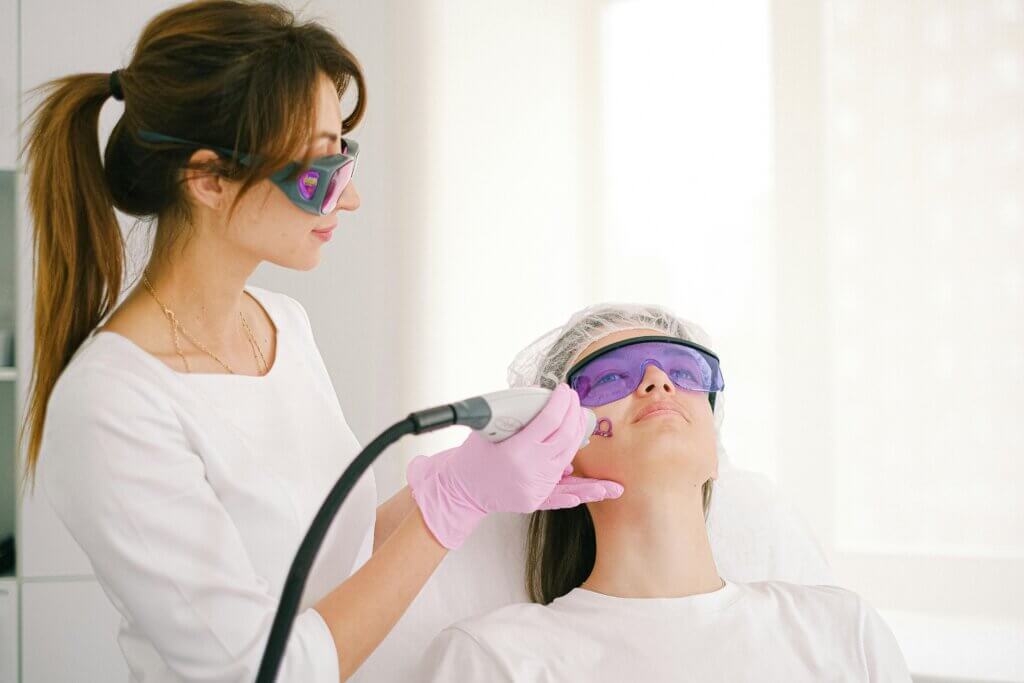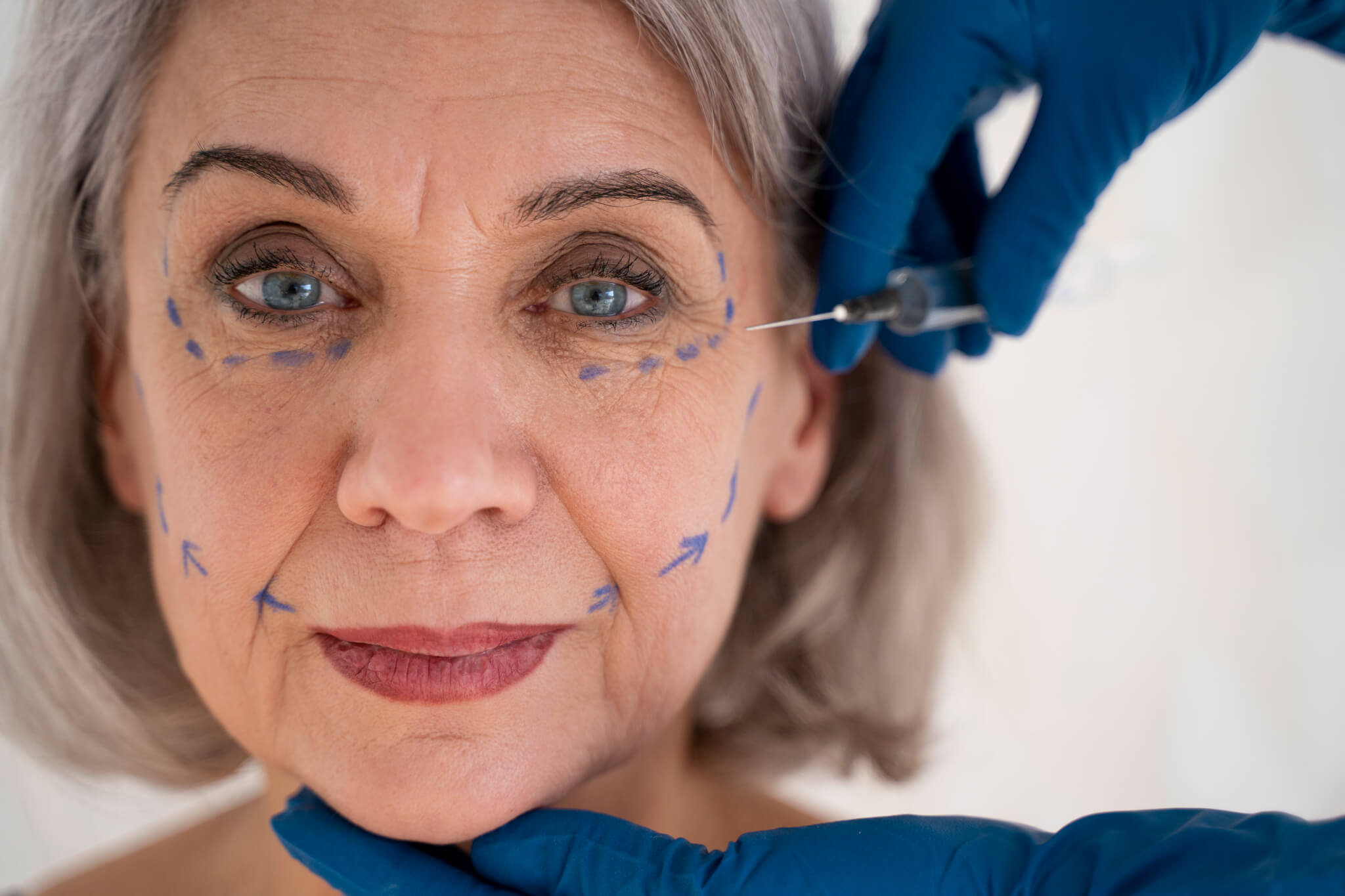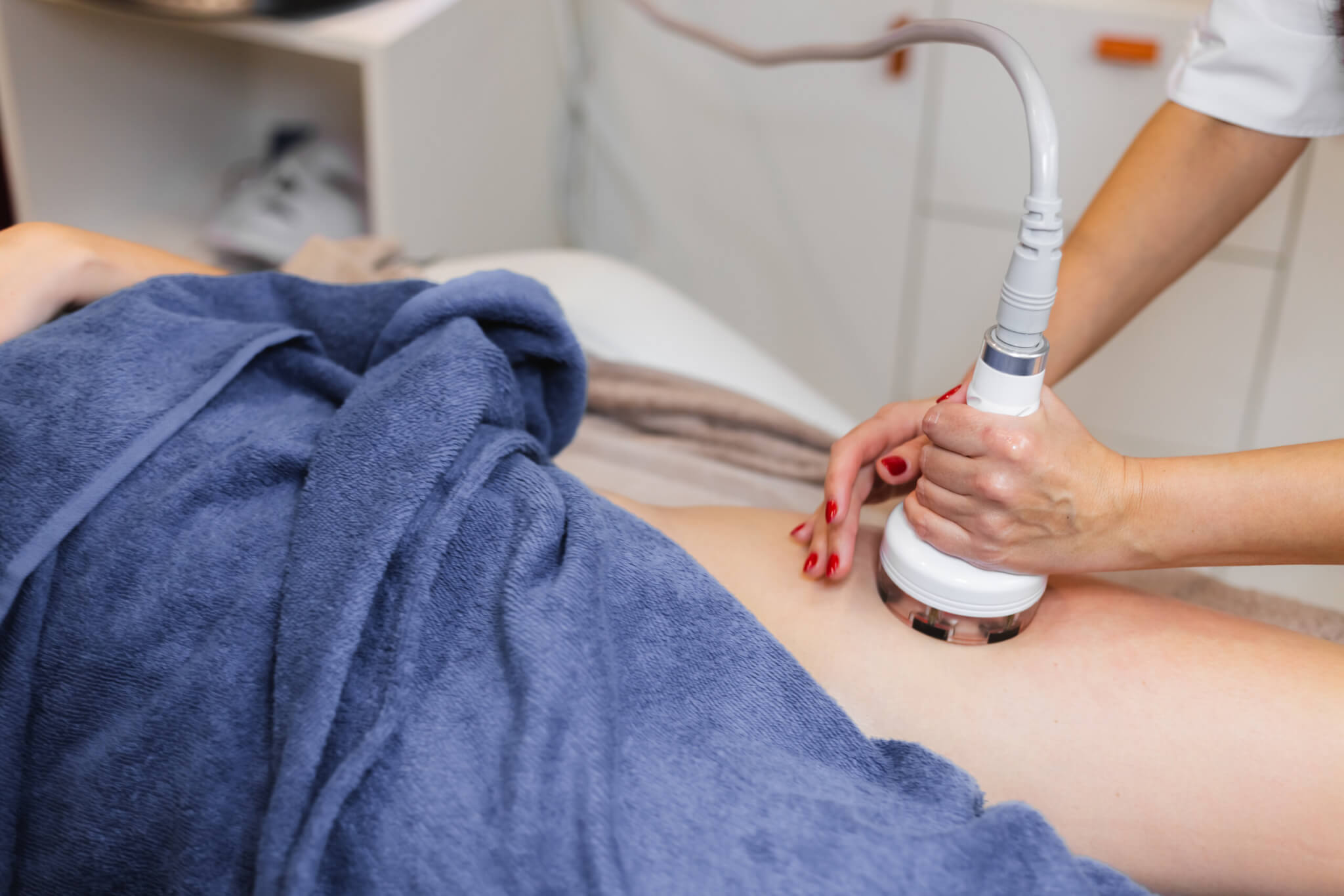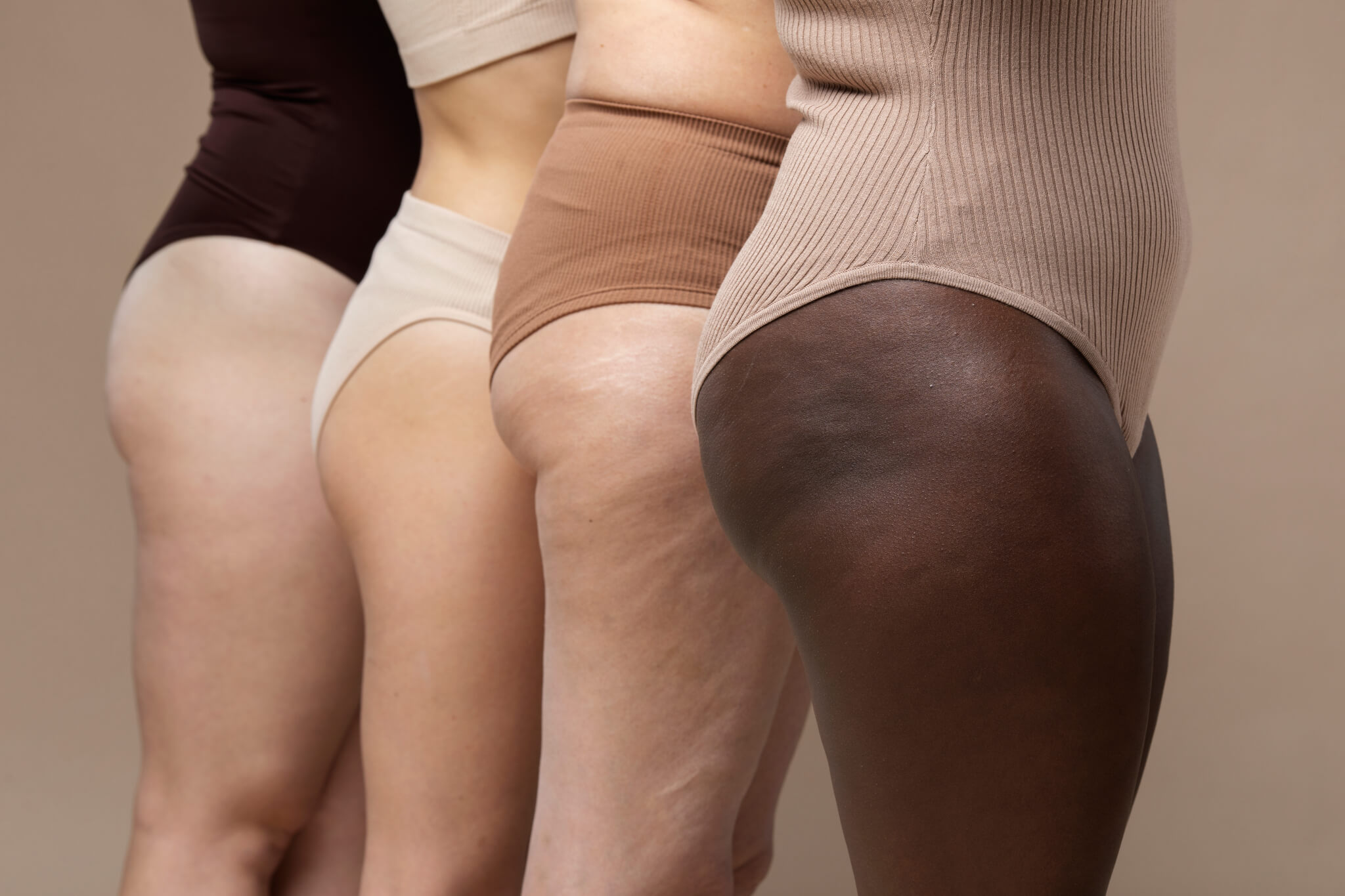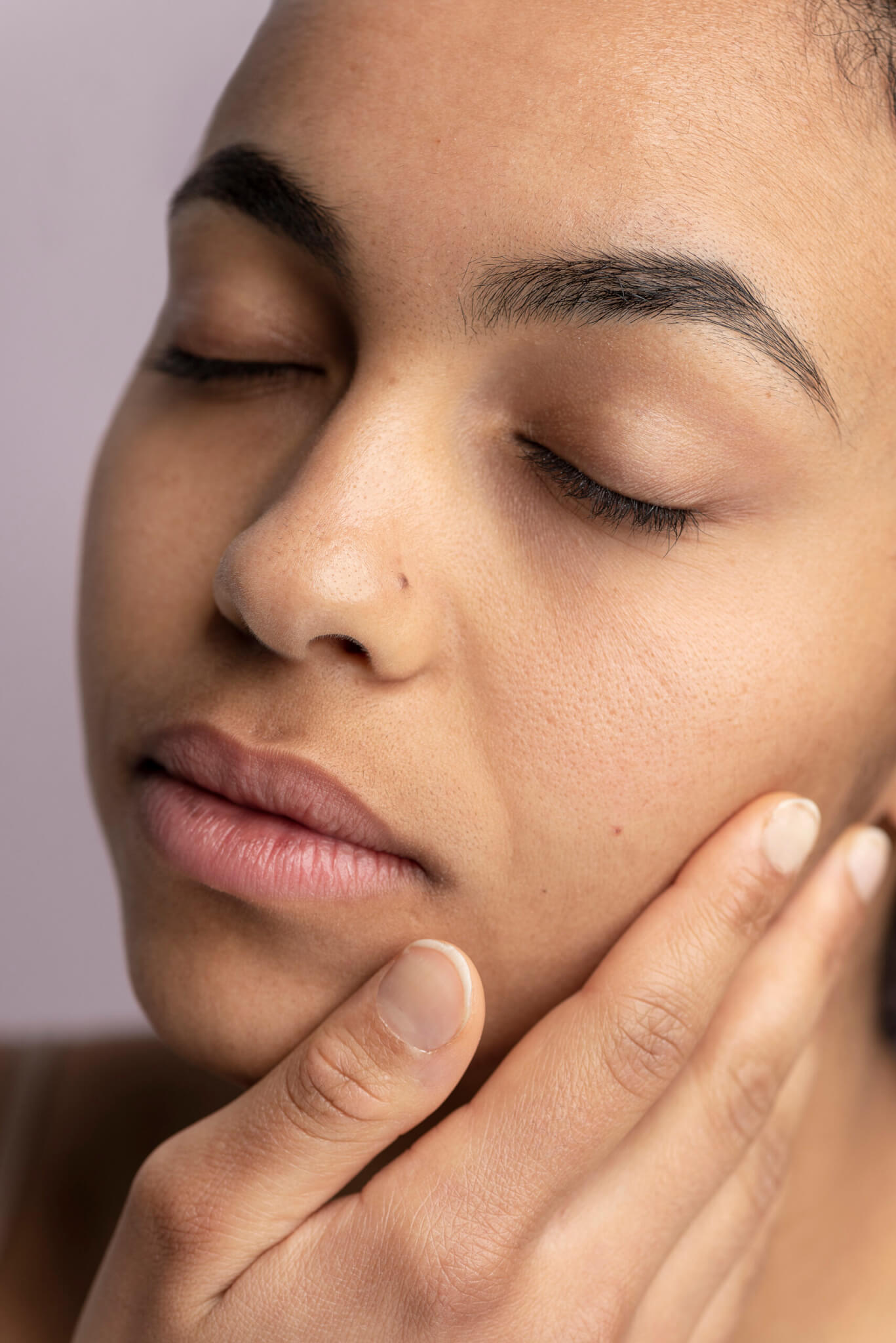Stress is an unavoidable part of modern life, from demanding work schedules to personal responsibilities. While its effects on mental and physical health are well-documented, the impact of stress on your skin is often overlooked. At Dermartisan, we believe that healthy skin reflects not just what you apply topically but also how you care for your body and mind. In this article, we’ll explore how stress affects your skin, the science behind these changes, and actionable solutions to achieve a calm, radiant complexion.
The Science of Stress and Skin
When you’re stressed, your body triggers its fight-or-flight response, releasing hormones like cortisol and adrenaline. These hormones, while essential for survival, can wreak havoc on your skin when chronically elevated. Cortisol, in particular, is a key player in stress-related skin issues. Here’s how stress impacts your complexion:
1. Increased Oil Production
Cortisol stimulates the sebaceous glands to produce more sebum, the skin’s natural oil. Excess sebum can clog pores, leading to acne breakouts, particularly along the T-zone (forehead, nose, and chin). Stress can exacerbate shine and make acne more persistent for those with oily or combination skin.
2. Impaired Skin Barrier
Chronic stress weakens the skin’s protective barrier, which retains moisture and protects against environmental aggressors. A compromised barrier leads to increased transepidermal water loss (TEWL), resulting in dryness, flakiness, and sensitivity. This can also make conditions like eczema and psoriasis flare up.
3. Inflammation
Stress triggers inflammation in the body, which manifests on the skin as redness, irritation, or even hives. This inflammatory response can aggravate existing skin conditions and accelerate signs of aging, such as fine lines and wrinkles.
4. Delayed Healing
High cortisol levels slow the skin’s ability to repair itself. Wounds, acne scars, and other blemishes take longer to heal, leaving your skin looking uneven and tired.
5. Premature Aging
Stress accelerates the breakdown of collagen and elastin, the proteins responsible for skin firmness and elasticity. Over time, this leads to sagging, fine lines, and a dull complexion. Additionally, stress-induced oxidative damage from free radicals can contribute to hyperpigmentation and uneven skin tone.
6. Lifestyle Ripple Effects
Stress often disrupts sleep, diet, and hydration—all critical for healthy skin. Poor sleep inhibits cell turnover, leading to a lackluster complexion. Stress eating or skipping meals can deprive your skin of essential nutrients, while dehydration exacerbates dryness and sensitivity.
Common Stress-Related Skin Conditions
Stress doesn’t just cause temporary blemishes; it can trigger or worsen chronic skin conditions. Here are some of the most common issues:
-
Acne: Stress-induced sebum overproduction and inflammation can lead to whiteheads, blackheads, and cystic acne.
-
Eczema: Stress can trigger flare-ups of this itchy, red condition, often on the hands, arms, or face.
-
Psoriasis: This autoimmune condition, characterized by scaly patches, is closely linked to stress.
-
Rosacea: Stress can cause facial flushing and worsen rosacea symptoms, leading to persistent redness and bumps.
-
Dullness and Aging: Chronic stress dulls the skin and accelerates wrinkles, making you look older than your years.
Solutions for a Calm Complexion
The good news is that you can mitigate stress’s effects on your skin by addressing it and adopting a holistic skincare routine. At Dermartisian, we advocate for a combination of topical treatments, lifestyle changes, and stress management techniques to restore your skin’s health and radiance.
1. Build a Stress-Resilient Skincare Routine
A consistent skincare regimen can counteract stress-related damage and strengthen your skin’s defenses. Here’s a step-by-step guide:
-
Cleanse Gently: Use a mild, non-stripping cleanser to remove excess oil and impurities without compromising the skin barrier. Look for ingredients like chamomile or aloe vera to soothe inflammation.
-
Hydrate and Moisturize: Choose a lightweight, non-comedogenic moisturizer with hyaluronic acid or ceramides to lock in moisture and repair the skin barrier. For dry or sensitive skin, opt for richer creams with niacinamide to reduce redness.
-
Incorporate Antioxidants: Serums with vitamin C, vitamin E, or green tea extract combat oxidative stress and protect against free radical damage. Apply these in the morning to shield your skin throughout the day.
-
Use Targeted Treatments: For acne, consider products with salicylic acid or benzoyl peroxide. For redness or inflammation, try azelaic acid or centella asiatica to calm the skin.
-
Apply Sunscreen Daily: Stress can make your skin more vulnerable to UV damage. A broad-spectrum SPF 30 or higher is non-negotiable to prevent hyperpigmentation and premature aging.
2. Prioritize Stress Management
Reducing stress is key to improving your skin’s appearance. Incorporate these practices into your daily routine:
-
Meditation and Mindfulness: Even 10 minutes of meditation or deep breathing can lower cortisol levels. Apps like Headspace or Calm can guide you through mindfulness exercises.
-
Exercise: Physical activity boosts endorphins, reduces cortisol, and increases blood flow to the skin, delivering oxygen and nutrients. Aim for 30 minutes of moderate exercise, like yoga or brisk walking, most days of the week.
-
Sleep Hygiene: Aim for 7–9 hours of quality sleep. Create a calming bedtime routine by avoiding screens, using lavender essential oils, or drinking chamomile tea to promote relaxation.
-
Therapy or Journaling: Talking to a therapist or writing in a journal can help process stress and prevent it from manifesting on your skin.
3. Nourish Your Body
Your diet plays a crucial role in skin health. Stress often leads to poor food choices, so focus on nutrient-rich options:
-
Eat Anti-Inflammatory Foods: Incorporate omega-3-rich foods like salmon, walnuts, and flaxseeds to reduce inflammation. Berries, leafy greens, and turmeric are also excellent for combating oxidative stress.
-
Stay Hydrated: Drink at least 8 glasses of water daily to keep your skin plump and hydrated. Herbal teas or infused water with cucumber or lemon can make hydration more enjoyable.
-
Limit Sugar and Processed Foods: High-sugar diets can trigger inflammation and acne. Opt for whole foods like vegetables, lean proteins, and whole grains.
-
Consider Supplements: Omega-3, zinc, and vitamin D supplements can support skin health, but consult a healthcare provider before adding them to your routine.
4. Professional Treatments
For persistent stress-related skin issues, consider professional treatments at Dermartisan:
-
Facials: A soothing facial with hydrating and anti-inflammatory ingredients can calm stressed skin and restore radiance.
-
Chemical Peels: Light peels with glycolic or lactic acid can exfoliate dead skin, reduce acne, and improve texture.
-
LED Light Therapy: Blue light targets acne-causing bacteria, while red light reduces inflammation and promotes healing.
-
Consult a Dermatologist: For severe acne, eczema, or rosacea, a dermatologist can prescribe topical or oral treatments tailored to your needs.
5. Create a Calming Environment
Your surroundings can influence stress levels. Make your home a sanctuary with these tips:
-
Declutter: A tidy space promotes mental clarity and reduces stress.
-
Use Aromatherapy: Essential oils like lavender, eucalyptus, or chamomile in a diffuser can create a relaxing atmosphere.
-
Limit Screen Time: Blue light from devices can disrupt sleep and increase stress. Set boundaries for phone and computer use, especially before bed.
Long-Term Strategies for Skin and Stress Resilience
While quick fixes can help, long-term skin health requires a commitment to both skincare and stress management. Here are some additional strategies:
-
Set Realistic Goals: Break tasks into manageable steps to avoid feeling overwhelmed.
-
Build a Support System: Surround yourself with positive people who uplift and support you.
-
Practice Gratitude: Reflecting on things you’re thankful for can shift your mindset and reduce stress.
-
Invest in Self-Care: Treat yourself to small indulgences, like a warm bath or a Dermartisan skincare product, to boost your mood and skin.
Conclusion
Stress is more than just a mental burden—it’s a significant factor in the health and appearance of your skin. By understanding how stress affects your complexion and taking proactive steps to manage it, you can achieve a calm, radiant glow. At Dermartisan, we’re here to support you with science-backed skincare solutions and expert advice. Combine a tailored skincare routine, stress-relief practices, and a healthy lifestyle to let your skin reflect the best version of you. Visit Dermartisan.com to explore our range of products and treatments designed to nurture your skin and soothe your soul.
